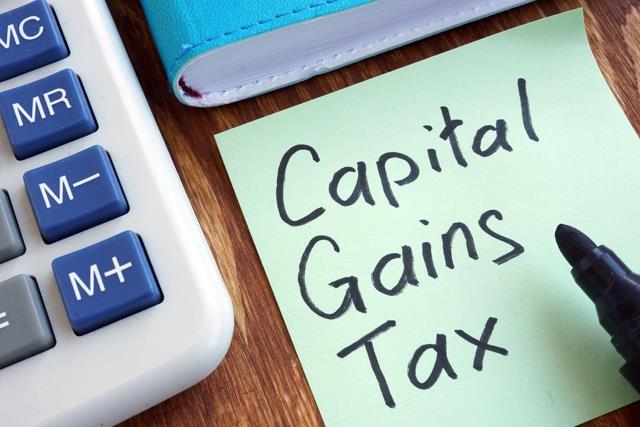When buying an investment property, the conversation around maximising returns and capital gains tax are always high on the agenda.
Investment returns come in the way of rent (income) and property growth (capital growth). Rent is assessable income and taxable within the same financial year they are earned. Property growth, known as capital gains is the profit generated once the property is sold. The profit is the difference between what it cost to purchase the property and what you sold it for.
Most investors understand the general nature of capital gains. Capital gains tax on the other hand is far more complicated as there are many factors and contributions that can alter the tax you pay. Capital gains tax is applicable on all profits made by any form of investment, but in this article we share this insight on property investment.
The capital gains tax was legislated in 1985. It applied to realised gains and losses on assets acquired post 19 September 1985. From 1985 to 1999, an indexation system was used, so that only real, not nominal, gains were taxed.
How much capital gains tax do we need to pay?
If you’re selling an investment property, the capital gains tax calculation is based on the sale price of a property minus your expenses. These expenses are called your cost base.
The cost base is the original purchase price plus any incidental, ownership and title costs. These can include:
- Incidental costs – real estate or agent fees, advertising/marketing expenses and stamp duty.
- Ownership costs – council and water rates, property maintenance, land tax, lending costs such as fees and interest. ( These costs can only be added to the cost base if the property was acquired after 20 August 1991. The property must be used to earn assessable income)
- Title costs – legal fees associated with organising the title on the property.
- Capital Improvements – any captial improvements to the property such as renovations or home extensions.
Individual, joint and trust ownership who own property for 12 months or more are entitled to reduce their capital gain by 50%. In addition, any past capital losses can also be used to deduct any capital gain. This is further discussed later.
On the other hand company ownership or foreign resident individuals are not entitled to the discount. The foreign resident individuals 50% discount was removed or reduced on capital gains made after 8 May 2012.
The Australian Taxation Office provides great detail on capital gains tax assessments. Refer the the ATO link: Working out your capital gain.
Capital gains tax exemptions
Assessing the capital gains tax can be very complex. When purchasing an investment property there are many different rules and exemptions that investors need to be aware of. For example two scenarios are understanding that capital gains tax is exempt if the property is a principal place of residence orr if it was purchased before 20 September 1985.
What happens with capital losses?
If you incur a capital loss, you are unable to use that loss claim to reduce you income, however you are entitled to use this amount to offset any capital gains made in that same financial year and in future years (not past years).
Capital gains in a wrap?
Capital gains is obviously only applicable in the event you sell an investment property and profit from the sale. There are other technical matters to consider if it is or was a principal place of residence or if you’ve owned the asset prior to CGT law. Many factors and expenses need to be assessed as they will influence the result. We highly recommend consulting an accountant or tax agent for advice before making any major investment decision.
If you want to explore your options to buying an investment property, we can help source a brand new or off-the-plan opportunity that suits you and your budget. Please feel free o contact us.
Disclaimer: The information in this publication and the links to further information within it are provided for general information only and should not be taken as constituting professional advice from Crest Property Investments. You should not rely on the accuracy of this information and should seek independent legal, financial, taxation or other advice to check how any of this information relates to your unique circumstances. Crest Property Investments is not liable for any loss caused, whether due to negligence or otherwise arising from the use of, or reliance on, the information provided directly or indirectly, or from our website.
While we have taken care to ensure the information above is true and correct at the time of publication, changes in circumstances and legislation after the displayed date may impact the accuracy of this article. If you want to learn more, please contact us. We welcome the opportunity to assist you.
Dec 2019













